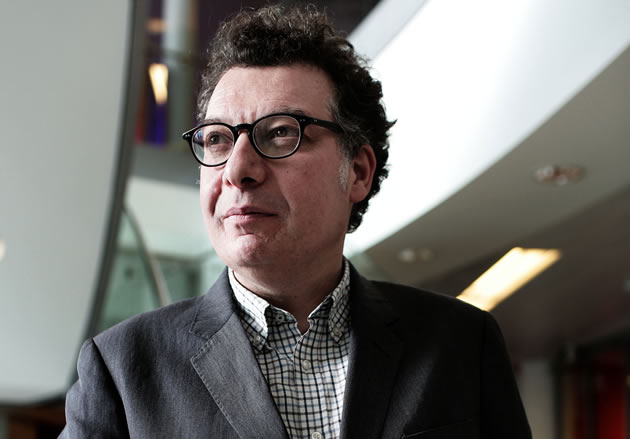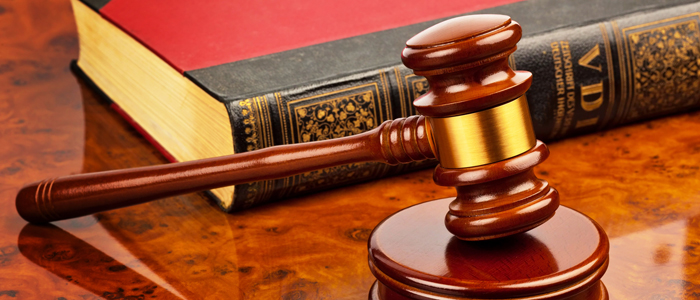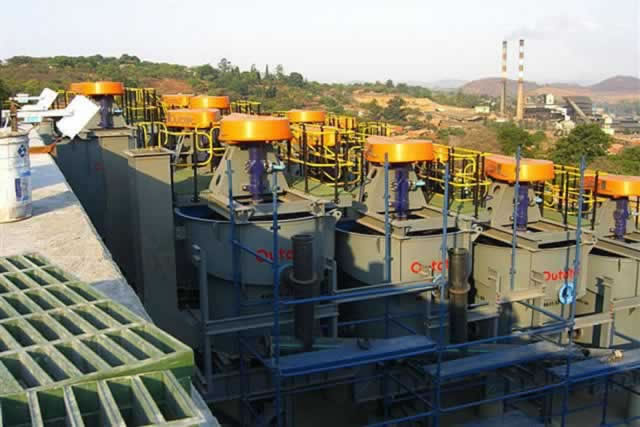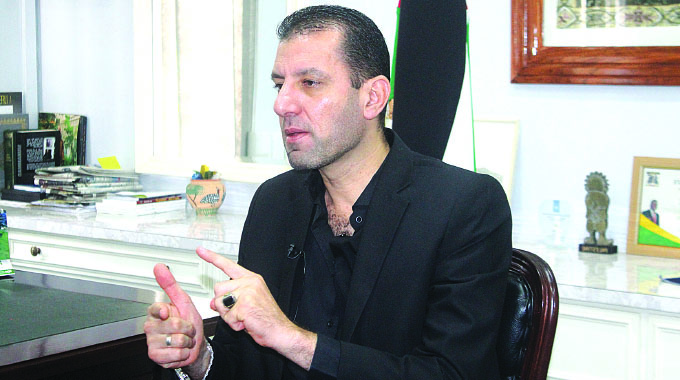Charlie Hebdo attackers not terrorists: BBC boss

LONDON — The Islamists who committed the Charlie Hebdo massacre in Paris should be not be described as “terrorists” by the BBC, a senior executive at the corporation has said.
Tarik Kafala, the head of BBC Arabic, the largest of the BBC’s non-English language news services, said the term “terrorist” was too “loaded” to describe the actions of the men who killed 12 people in the attack on the French satirical magazine.
Kafala, whose BBC Arabic television, radio and online news services reach a weekly audience of 36 million people, told The Independent: “We try to avoid describing anyone as a terrorist or an act as being terrorist. What we try to do is to say that ‘two men killed 12 people in an attack on the office of a satirical magazine’. That’s enough, we know what that means and what it is.”
Kafala said: “Terrorism is such a loaded word. The UN has been struggling for more than a decade to define the word and they can’t. It is very difficult to. We know what political violence is, we know what murder, bombings and shootings are and we describe them. That’s much more revealing, we believe, than using a word like terrorist which people will see as value-laden.”
Of the Paris case, Kafala said: “We avoid the word terrorists. It’s a terrorist attack, anti-terrorist police are deployed on the streets of Paris. Clearly all the officials and commentators are using the word so obviously we broadcast that.”
While Kafala’s comments may surprise some, they are in line with the BBC’s editorial guidelines on reporting terrorism. The guidelines state: “(The BBC) does not ban the use of the word. However, we do ask that careful thought is given to its use by a BBC voice. There are ways of conveying the full horror and human consequences of acts of terror without using the word ‘terrorist’ to describe the perpetrators.
“The value judgments frequently implicit in the use of the words ‘terrorist’ or ‘terrorist group’ can create inconsistency in their use or, to audiences, raise doubts about our impartiality. It may be better to talk about an apparent act of terror or terrorism than label individuals or a group.”
When reporting an attack, the BBC guidelines say it should use words which specifically describe the perpetrator such as “bomber”, “attacker”, “gunman”, “kidnapper” or “militant”.
BBC Arabic, part of the World Service, which is now funded by licence-fee payers, broadcasts radio, online and a 24-hour news channel, throughout the Middle East.
Meanwhile, RT report that a large part of Russian society thinks the terrorist attack on the Charlie Hebdo magazine was prompted by the journalists themselves. Many said they didn’t approve of the attackers’ actions, but understood them.
According to the latest research released by the VTSIOM public opinion centre, 74 percent of Russians know about the shooting in the Paris headquarters of the Charlie Hebdo magazine on January 7.
The largest group of responders — 30 percent — said in their view the tragedy must be blamed on the “behaviour of the French journalists who insulted Muslim religious values.”
Twenty-five percent answered that the blame lies with the French government for allowing such insults in the first place. Another 11 percent said the French Government was responsible for the events because it had allowed too many Muslims into the country.
Only 8 percent of Russians think the problem lies in the behaviour of the extremists, who answered the cartoons with extreme violence. — The Independent/RT.







Comments